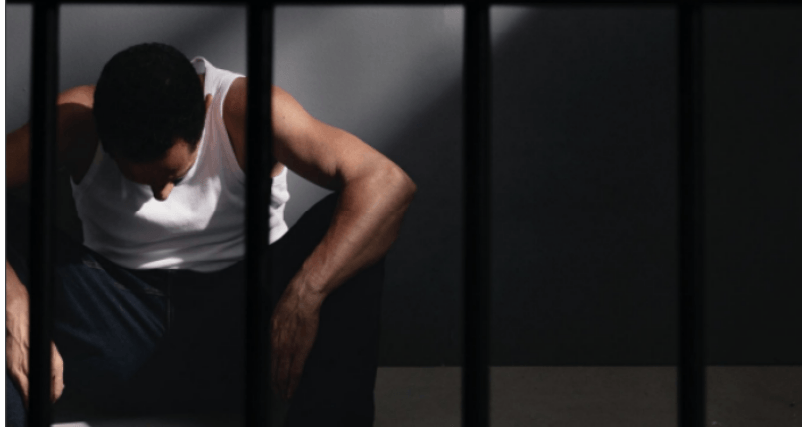Race and Wrongful Convictions in the United States - Report
According to report, innocent Black people are seven times more likely than white people to be falsely convicted of serious crimes

When the Constitution and the Bill of Rights were written, they protected only the rights of white men, specifically, white men who owned property. The documents upon which our government and legal system were founded did not extend equal rights to women or to Black people, most of whom were enslaved. The driving force for the creation of formalized police forces in the U.S. was to monitor and control the movements and actions of slaves by catching runaways and quashing slave revolts.
The disproportionate incarceration of Black people today is a direct result of that dark history and the brutality of the Jim Crow era. Black people account for 4 out of every 10 of the approximately 2.3 million incarcerated people in the U.S. Nearly half of all exonerated persons are Black despite making up just 13% of the US population, largely because they are policed more heavily in their communities, often presumed guilty, and frequently denied a fair shot at justice.
The National Registry of Exonerations with the University of Michigan Law School archives the over 3200 known exonerations in the United States since 1989, and released a recent report analyzing racial patterns among those known exonerations. The report titled Race and Wrongful Convictions in the United States 2022 contains the following, among many, conclusions:
- Black people are 13.6% of the American population but 53% of the 3,200 exonerations listed in the National Registry of Exonerations. Judging from exonerations, innocent Black Americans are seven times more likely than white Americans to be falsely convicted of serious crimes.
- For both murder and sexual assault, there are preliminary investigative issues that increase the number of innocent Black suspects: for murder, the high homicide rate in the Black community; for rape, the difficulty of cross-racial eyewitness identification. For both crimes, misconduct, discrimination and racism amplify these initial racial discrepancies.
- For drug crimes, the preliminary sorting that increases the number of convictions of innocent Black suspects is racial profiling. In addition, the Registry lists 17 “Group Exonerations” including 2,975 additional wrongfully convicted defendants, many of whom were deliberately framed and convicted of fabricated drug crimes in large-scale police scandals. The overwhelming majority are Black.
The conclusion of the report offers a familiar refrain:
"The War on Drugs is a heavy burden on our country, but the worst costs are born by Black people and other people of color. If white people were stopped, searched and humiliated as often as Black people, would we even have a War on Drugs?"
To read the report, please access the PDF report available from the National Registry of Exonerations.










